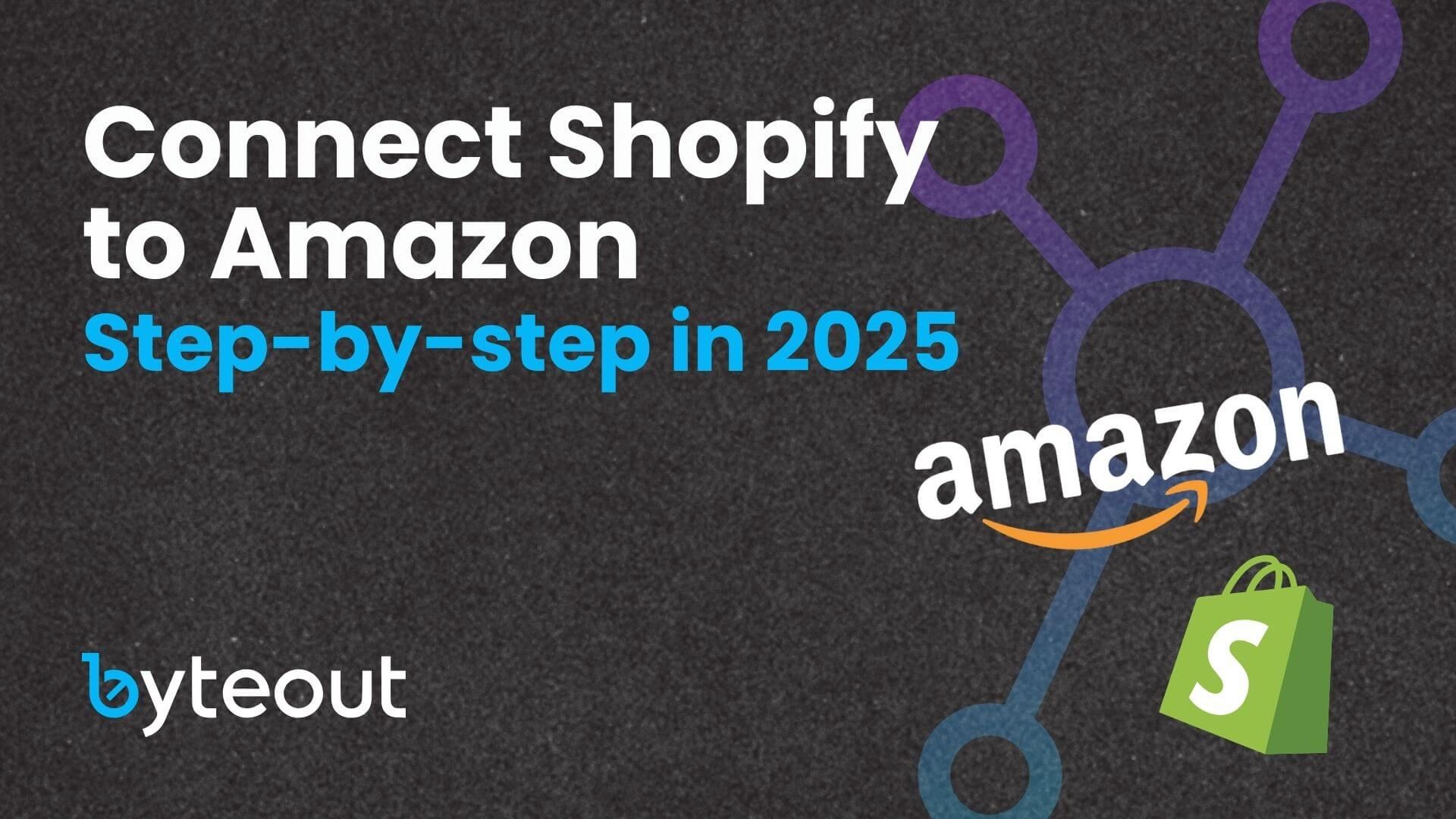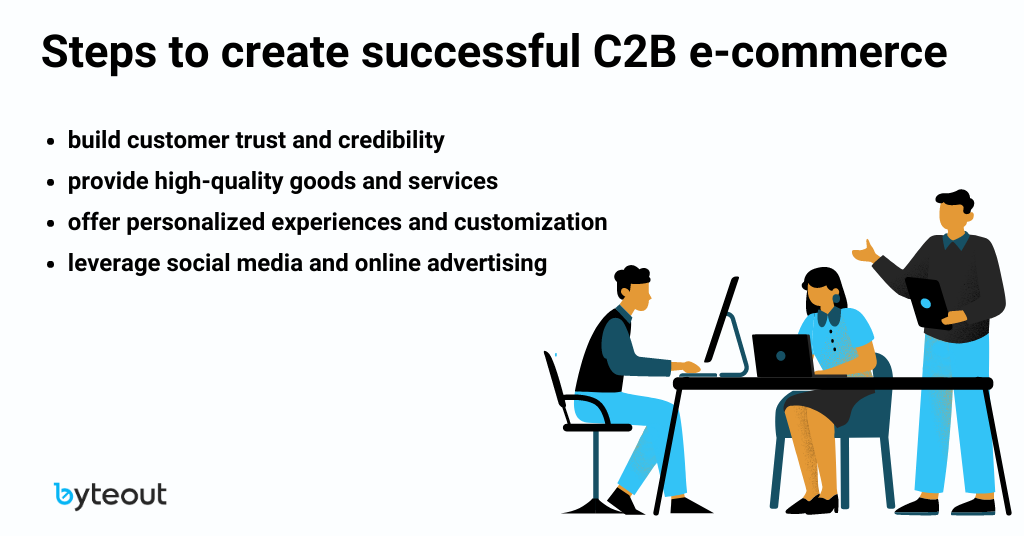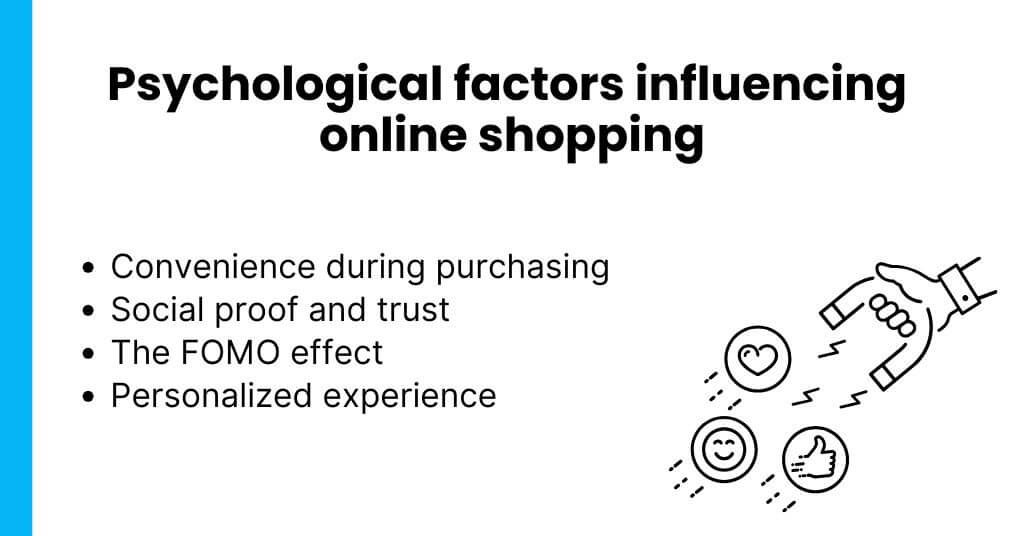
How to find the best SEO ecommerce platform?
If you’re thinking about SEO before deciding which ecommerce platform you’ll choose – wow! This means you’ve done your research or you have nice people (consultants) who guide you. Thinking about SEO has to be always present if you have big plans for the future.
Finding the best SEO ecommerce platform involves evaluating several key features that can impact your site’s rankings.
Table of Contents
Why is SEO important for ecommerce?
SEO is important for ecommerce because it improves your online store’s visibility, driving organic traffic and increasing sales. It’s everything that ecommerce owner dreams about.
By ranking higher in search engine results, your store becomes more accessible to potential customers, offering a cost-effective marketing strategy compared to paid ads (keep in mind that SEO services are not that cheap, but it’s worth the investment in the long run).
SEO also improves user experience by making your site faster and more mobile-friendly, which builds trust and credibility. This overall advantage helps attract more visitors.
Do you really need to think about SEO features when choosing an ecommerce platform?
SEO features should not be the only criteria for choosing an ecommerce platform but yes, you should have them in mind. These features significantly impact your site’s visibility, traffic, and overall success. That’s why you should pay attention in order to find the best SEO ecommerce platform.
How to choose the best SEO ecommerce platform
Here are the considerations to help you choose the best SEO ecommerce platform.
Ecommerce platform SEO features
When selecting an ecommerce platform, it’s important to consider those that offer strong built-in SEO features, as these can significantly boost your site’s visibility and search engine rankings.
URLs
One key feature to look for is customizable URLs. Platforms that allow you to create clean, descriptive URLs help search engines and users better understand your pages’ content.
Meta tags and descriptions
Another important aspect is the ability to edit meta tags, including title tags, meta descriptions, and header tags. These elements are vital for providing search engines with information about your content, which can significantly influence click-through rates from search engine results pages (SERPs).
Alt text for images is another essential feature. By adding alt text to your images, you not only make your site more accessible but also improve your image search rankings, which can drive additional traffic to your site.
Loading speed
Page speed is critical for both user experience and search engine rankings. A fast-loading website keeps visitors engaged and reduces bounce rates, which directly impacts your conversion rates. Google also considers page speed to be a significant ranking factor, meaning that faster sites are more likely to appear higher in search results.
When selecting an ecommerce platform, choosing one (or theme) known for its fast load times or one that allows for easy performance optimization is important. Platforms that offer built-in tools and features to enhance site speed, such as image optimization, caching, and content delivery networks (CDNs), can make a significant difference. Fast loading can improve user satisfaction, increase the likelihood of repeat visits, and boost the overall search engine performance.

Mobile-friendliness
Mobile searches have surpassed desktop searches, so having a mobile-friendly ecommerce platform is more important than ever. Google’s mobile-first indexing means that the mobile version of your website is considered the primary version for ranking purposes.
This shift prioritizes mobile optimization, ensuring that sites with better mobile experiences rank higher in search results. A platform that offers responsive design and mobile optimization tools makes sure that your site looks and functions well on smartphones and tablets.
Content management
Good SEO requires regular content updates to keep your site fresh and relevant. This is where a strong content management system (CMS) becomes invaluable. A CMS allows you to easily add and manage various types of content, such as blog posts, landing pages, and other essential information.
Platforms with strong CMS capabilities make it simple to update your site without extensive technical knowledge. They offer intuitive interfaces for creating and organizing content, enabling you to focus on quality and relevance. Regularly updated content engages your audience and signals to search engines that your site is active, which can improve your rankings.

Integration with SEO tools
You need to integrate with SEO tools to monitor and optimize your site’s performance. When choosing an ecommerce platform, it’s important to check if it supports integration (it most surely does, but check just to be sure) with tools that enable you to track vital metrics, analyze traffic patterns, and identify areas for improvement.
Google Analytics helps you understand your audience’s behavior, while Google Search Console offers insights into how your site is performing in search results. Third-party tools like Ahrefs, SEMrush, and Moz provide advanced features for keyword research, backlink analysis, and competitive benchmarking.
Structured data
Structured data, or schema markup, is a powerful tool that helps search engines better understand your site’s content. By adding structured data, you can provide detailed information about your products, services, and other site elements, which can lead to enhanced search engine results page (SERP) features like rich snippets.
Platforms that support the easy addition of structured data allow you to improve your site’s visibility in search results. Rich snippets can display additional information, such as product ratings, prices, and availability, directly in search results, making your listings more attractive to potential customers. This boosted visibility can drive more traffic to your site and increase click-through rates.
Popular SEO-friendly ecommerce platforms
When it comes to selecting an ecommerce platform, there are some SEO-friendly options that are key to ensuring your site performs well in search engine rankings. Here are some of the most popular platforms known for their strong SEO features.
Shopify
Shopify is celebrated for its user-friendly interface. It offers customizable title tags and meta descriptions, clean and structured URLs, and a built-in blogging platform. These features make it easy to optimize your content for search engines. Shopify ensures fast loading speeds, which are important for both user experience and SEO performance.
WooCommerce
WooCommerce, a WordPress plugin, is highly customizable and powerful for SEO. It uses WordPress’s content management system (CMS) and benefits from numerous SEO plugins, like Yoast SEO. This combination makes WooCommerce a good choice for those who want extensive control over their SEO settings and content management.
BigCommerce
BigCommerce provides extensive SEO features right out of the box. These include editable robots.txt files, customizable URLs and meta tags, and automatic sitemaps. These features help ensure that your site is easily crawled and indexed by search engines, improving its visibility and search performance.
Magento
Magento is a strong platform suitable for larger ecommerce sites. It offers full control over URL structures, advanced SEO settings, and the ability to handle large product catalogs efficiently. This makes Magento an ideal choice for businesses that need a scalable and highly customizable ecommerce solution.
Wix
While Wix was traditionally not considered a great option for SEO, it has made significant improvements in recent years. It now offers an easy-to-use SEO Wiz tool, customizable meta tags, and mobile optimization. These enhancements make Wix a more competitive option for those looking to optimize their ecommerce sites for search engines.
- Trust & creative strategy: what still wins in DTC marketing
- Ecommerce website accessibility: The hidden revenue loss
- How to scale Amazon brand off Amazon
- Combining Amazon with Shopify: The Better & Better story
- The Amazon Ranking Strategy That Works in 2025
Conclusion
What makes the best SEO ecommerce platform the no 1 choice? The best platform is the one platform that fits all your needs in the best way possible, including the SEO.
Pay attention to all the features each ecommerce platform offers and make a decision. If you’re not that into SEO or other technicalities, feel free to ask for advice here. We might even help you in your ecommerce journey with multiple ecommerce services. Let’s start your ecommerce journey with a smile.

Your Amazon store needs a partner
We build and grow your Shopify DTC business together with Amazon.
Find out how to own your audience and not depend only on Amazon high fees.
Our ecommerce nerds recommend reading

Best Amazon FBA course: Top picks for 2025

Connect Shopify to Amazon: Step-by-step in 2025

C2B e-commerce


